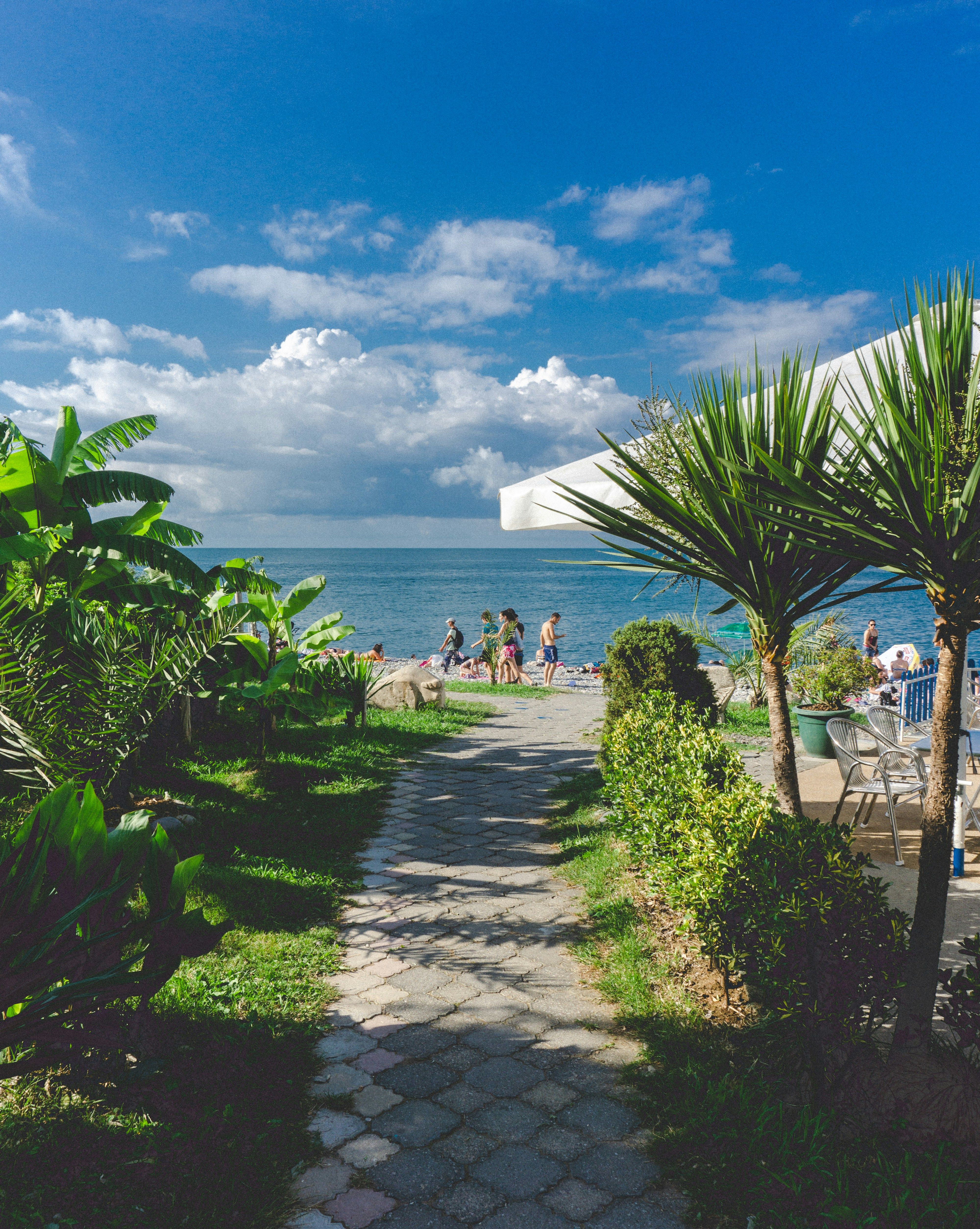Newcomers venturing into an intense rivalry among the elite, securing their inaugural victory in an aggressively competitive arena
In Corrientes, Brazilian Cattleman Alegre Strikes Gold on the Podium
Corrientes, Argentina - The Rural Society in Corrientes bustles with activity: brushes, ropes, jury lists, tied calves, and cowboys coming and going. Amidst this liveliness, Walter Arturo Alegre takes a moment to sip mate, preparing for his turn with the bulls. His gaze, however, remains fixed more than 100 kilometers away, on the family farm of Desmochado, where his brother Melideo coordinates the start of the strawberry harvest.
"Strawberries are our main activity," Alegre says, adjusting his hat before making his debut at the Las Nacionales edition Santander, organized by Expoagro. "Cattle is our passion," he adds, with his brother's strawberry harvest in the distance.
The harvest commenced this week, and Alegre arrived with the bulls, leaving Melideo to manage the strawberries. "Our dream began three years ago," Alegre explains. "We formalized the cattle farm and aimed to compete in exhibitions." Debuting at a National is a significant milestone, he concedes. "Being here is an achievement. We didn't come to seek a prize. Being on this track is already fulfilling a long-held dream."
The brothers had always been cattlemen on a small scale. They practiced breeding, insemination, and sought animals with good genetic quality. In 2022, they took a giant leap, formalizing the cattle farm, called La Elisa. "We wanted to create a different cattle farm in our area," Alegre says. "We're from poor soils with a lot of ticks and parasites. We knew we had to invest in genetics to have a herd that stands out."
Alegre's rosette-adorned Braford Navideno bull, bearing the number 01, symbolizes this dream. "It's our first animal. It's number one because it was the first we registered," he says. With the competition underway, their visit to Las Nacionales signifies a before and an after. "We don't have three years as a cattle farm yet, and we're already here. That also has to do with what technology allows today."
While discussing bulls and genetics, Alegre clarifies that this world is only part of their lives. The other half lies in Bella Vista, with the strawberries that remain the family's main productive axis. The company, Frutilla La Elisa, encompasses 20 hectares located in the Desmochado area, 30 kilometers south of Bella Vista. They started the cultivation with their parents and, over the years, with his brother, they scaled up: they organized production, added technology for production, and consolidated work with local labor.
Each hectare averages around 40,000 kilograms of fruit, equivalent to approximately 800,000 kilograms per season. The production is sold fresh in markets across Buenos Aires, Córdoba, La Plata, and Corrientes. The surplus not sold in time is destined for the industry. "Everything is harvested by hand. There are no machines for that. That's why it's an activity that requires a lot of manual labor, and that also limits our growth," he explains.
The combination of strawberries and livestock may seem unusual, but for the Alegre family, it's natural. "They are two different worlds, but they coexist," Alegre says. "Strawberries are very intensive, very daily. Livestock is more long-term, but it also demands a lot. We divide the work. Now I'm with the bulls, and my brother is with the harvest. That's how we always do it."
Family plays an integral role in their decision to venture into cattle ranching. "This project is a family one. We wanted my father, who is 78 years old, to see us parade in a national arena. He saw us in other exhibitions last year, but this was special," he recalls. And that's why the goal has already been achieved, even without prizes, because it was for the family.
In a week where genetics and livestock competition command attention, the Alegre family's story stands out for its unique origin. "They don't come from a traditional ranch background. Our base is in a delicate fruit that is harvested by hand and sold by the kilo. We learned that a strawberry farm and a herd of bulls can coexist when everything is united by family commitment and work," he concludes.
By Pilar Vázquez, Corrientes Business Community
According to general knowledge, rural families in Corrientes province often combine agricultural activities, such as strawberry farming, with livestock breeding to diversify income and sustain local traditions. Successful participation in bull competitions typically reflects expertise in cattle breeding, focusing on strength, appearance, and pedigree – traits highly valued in Argentine ranching culture. To gain detailed information about the Alegre family in particular, further sources or direct interviews would be necessary, as no specific public information appears available from the searched sources.
- The Alegre family, known for their strawberry farming, have combined agricultural activities with livestock breeding, showcasing their entrepreneurship in the business sector of Corrientes.
- In their pursuit of excellence in both strawberries and cattle, the Alegre family's participation in bull competitions also highlights their finance-driven decisions, aimed at diversifying their income and sustaining local traditions.




